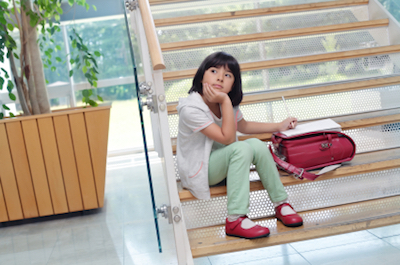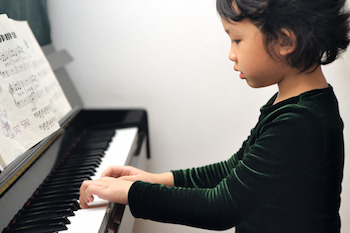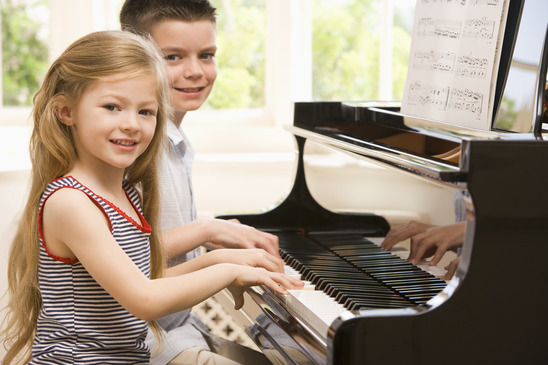As we continue to stay at home more, are you looking for more things to do in the comfort of your own home?
Learning to play the piano can give you hours of enjoyment, and a lifelong love of the arts.
Yet many people attempt to learn on their own. Thanks to the internet, you can find all kinds of training that can help you get started and improve your playing. If you choose this route, there are a few mistakes players make that can grow into bad habits that impact your playing.
Fingering and hand movements
Most people assume you sit down and play; fingering and hand movements come naturally. That’s simply not true. Your bench should provide you with a comfortable seat, one that allows your hands to flow naturally by your side. Your wrists should be slightly bent, without overexerting your arms as you play. Each finger is meant to connect with the keys in a certain way. If you attempt to do this without focus, you won’t learn in such a way so that you can continue improving over time. You’ll have to unlearn bad habits to grow and play more difficult pieces.
Piano placement
At a time where everyone is home, finding the time to play can be difficult. You might be tempted to stick your piano in the basement, or in a corner in a room people seldom visit. Out of sight is also out of mind. Your piano should be in a place you’re comfortable spending time in. You should place it in a room where you’re more likely to sit down and play.
Sticking to a routine
Routines help us get more done in our busy days. Practice included. While you don’t have to play every day, it is important to create a regular schedule to ensure your ability starts to increase over time. Don’t focus on time – being rigid with 30 or 45 minutes of practice can lead to feeling overwhelmed. Instead, make it a goal to sit down at a specific time and establish goals for each session. Give your kids a goal to practice while you make dinner, for example. You can listen and be involved in your child’s learning while doing a chore you have to do as well.
Relying only on yourself
While you may wish to start playing the piano through online videos or working on beginning books yourself, don’t discount using a teacher to improve what you do. Whether live or online, individual or group coaching, it’s always good to have an expert weigh in on how you’re doing. It can make your success happen that much faster, just by tweaking small steps as you make them.
Are you learning to play the piano this year?
What’s helped you become a better piano player?




 Tips for Keeping Your Piano Inspiration Going
Tips for Keeping Your Piano Inspiration Going
 Now that your dream piano is making its entrance into your home, maybe now is also the perfect time to start up the lessons again so you can learn to play the piano. Yet can you do it as an adult?
Now that your dream piano is making its entrance into your home, maybe now is also the perfect time to start up the lessons again so you can learn to play the piano. Yet can you do it as an adult?
